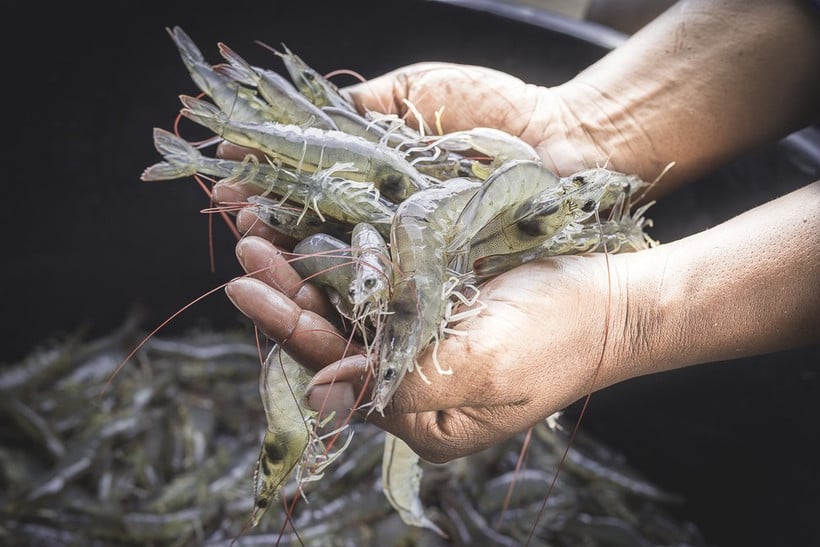
According to The Guardian, samples of shrimp farmed in this area contained radiation levels exceeding the safety threshold, raising concerns about food safety, the environment and the livelihoods of local people. The US Food and Drug Administration (FDA) issued a recall in August after detecting the radioactive isotope Cesium-137 in shrimp exported by PT Bahari Makmur Sejati (BMS).
Just weeks later, the Indonesian government discovered traces of radiation at at least 22 facilities in the Cikande industrial zone, about 60km west of the capital Jakarta.
A spokesman for the Bara Hasibuan task force said the government is stepping up surveillance of the area. Health authorities have also conducted medical checks on workers and residents living near the industrial zone and found nine people tested positive for Cesium-137.
Indonesia, which does not operate nuclear power plants and is not involved in any nuclear weapons program, suspects that the Cesium-137 entered the country from abroad.
The spokesman also told reporters that the source of the pollution was likely to be the import of scrap metal. He said the government would immediately impose restrictions on such imports. Vehicles passing through the area were also being checked for potential contamination.
The contaminated areas will be immediately decontaminated by the Indonesian Atomic Energy Agency. The government has also designated the area of the PT Peter Metal Technology metal recycling plant as a quarantine site to store contaminated materials.
Environment Minister Hanif Faisol Nurofiq said residents in heavily contaminated areas would be evacuated until decontamination work was completed. “The safety of people and the environment is our top priority,” he wrote on social media. “The decontamination process will be monitored continuously until the area is confirmed to be completely safe.”
Cesium-137 is a dangerous radioactive isotope that often enters the environment as a result of nuclear tests or accidents such as Fukushima or Chernobyl. Small amounts of it can be found in soil, food, and air.
The levels of cesium detected in the batch of frozen shrimp from Indonesia were well below the FDA's intervention threshold, but the agency said long-term exposure to even low doses of cesium could still increase the risk of cancer.
Indonesia is the world's fifth-largest shrimp exporter, accounting for about 6% of global exports. About two-thirds of the country's shrimp exports go to the US market.
If the situation continues, millions of coastal households that depend on this industry will be at risk of losing their jobs. In addition, the decrease in shrimp exports will also cause the decrease of ancillary industries.
Source: https://baotintuc.vn/kinh-te/indonesia-phat-hien-tom-xuat-khau-nhiem-phong-xa-20251010105852242.htm



![[Photo] Unique Phu Gia horse hat weaving craft](https://vphoto.vietnam.vn/thumb/1200x675/vietnam/resource/IMAGE/2025/10/10/1760084018320_ndo_br_01-jpg.webp)

![[Photo] Opening of the World Cultural Festival in Hanoi](https://vphoto.vietnam.vn/thumb/1200x675/vietnam/resource/IMAGE/2025/10/10/1760113426728_ndo_br_lehoi-khaimac-jpg.webp)

![[Photo] Ho Chi Minh City is brilliant with flags and flowers on the eve of the 1st Party Congress, term 2025-2030](https://vphoto.vietnam.vn/thumb/1200x675/vietnam/resource/IMAGE/2025/10/10/1760102923219_ndo_br_thiet-ke-chua-co-ten-43-png.webp)


















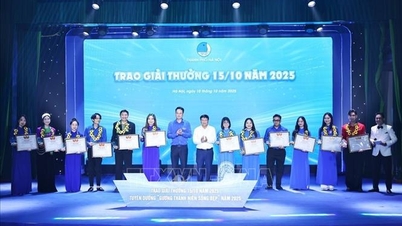




















































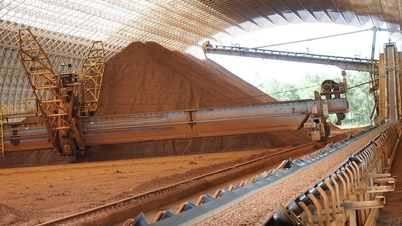

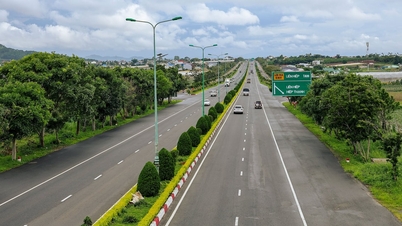
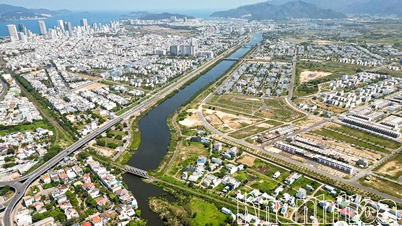


















Comment (0)